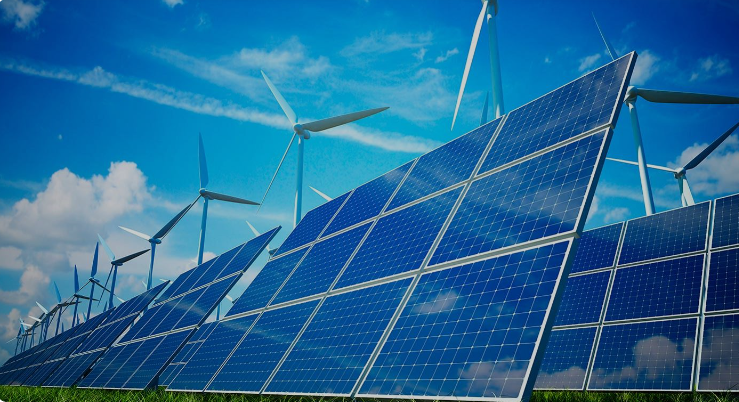Address
304 North Cardinal
St. Dorchester Center, MA 02124
Work Hours
Monday to Friday: 7AM - 7PM
Weekend: 10AM - 5PM
Address
304 North Cardinal
St. Dorchester Center, MA 02124
Work Hours
Monday to Friday: 7AM - 7PM
Weekend: 10AM - 5PM

As the demand for renewable energy sources continues to grow, photovoltaic (PV) panels are playing a significant role in transforming economies worldwide. This blog explores the economic impact of solar energy and how photovoltaic panels contribute to job creation, energy independence, and long-term savings.
1. Job Creation in the Solar Industry
The solar industry has become a major source of employment, providing jobs across various sectors, including manufacturing, installation, maintenance, and research. According to the Solar Foundation’s National Solar Jobs Census, the U.S. solar industry employed over 250,000 workers in recent years, demonstrating consistent growth. As more individuals and businesses invest in photovoltaic panels, the demand for skilled workers in the solar sector is expected to rise.
2. Local Economic Growth
Investing in solar energy can stimulate local economies. When a solar project is developed, it often involves hiring local labor for installation and maintenance. This not only creates jobs but also injects money into the local economy. Additionally, businesses that choose to install photovoltaic panels can benefit from increased energy independence, allowing them to allocate savings toward growth and expansion.
3. Energy Independence
Photovoltaic panels provide an opportunity for individuals and businesses to reduce their reliance on fossil fuels and traditional energy sources. By generating their own electricity, they can protect themselves from fluctuating energy prices and supply disruptions. This energy independence is especially crucial in regions prone to natural disasters or energy shortages, as it ensures a reliable power supply.
4. Long-Term Savings on Energy Costs
While the initial investment in photovoltaic panels may seem daunting, the long-term savings on energy costs can be substantial. Solar panels can significantly reduce or even eliminate electricity bills, depending on the size of the system and local energy rates. Furthermore, many governments offer tax incentives and rebates for solar installations, making it more financially feasible for homeowners and businesses to invest in renewable energy.
5. Increased Property Values
Studies have shown that homes equipped with solar energy systems often have higher property values compared to those without. Potential homebuyers are increasingly looking for energy-efficient features, making solar panels an attractive selling point. This trend not only benefits homeowners but also contributes to the overall appreciation of real estate values in communities that embrace renewable energy.
6. Global Economic Growth
The global shift toward renewable energy sources is also influencing international markets. As countries invest in solar energy infrastructure, new opportunities for trade and investment arise. Countries rich in solar resources can export solar technology and expertise, contributing to global economic growth. This trend is particularly evident in developing nations, where solar energy can help meet rising energy demands while promoting sustainable development.
Conclusion
The economic impact of photovoltaic panels extends beyond individual savings and job creation. As more people and businesses adopt solar energy, the ripple effects contribute to local and global economic growth. By investing in photovoltaic technology, we are not only harnessing renewable energy but also fostering a sustainable economy that benefits communities, businesses, and the planet. The transition to solar energy is a win-win for both the environment and the economy, paving the way for a brighter future.